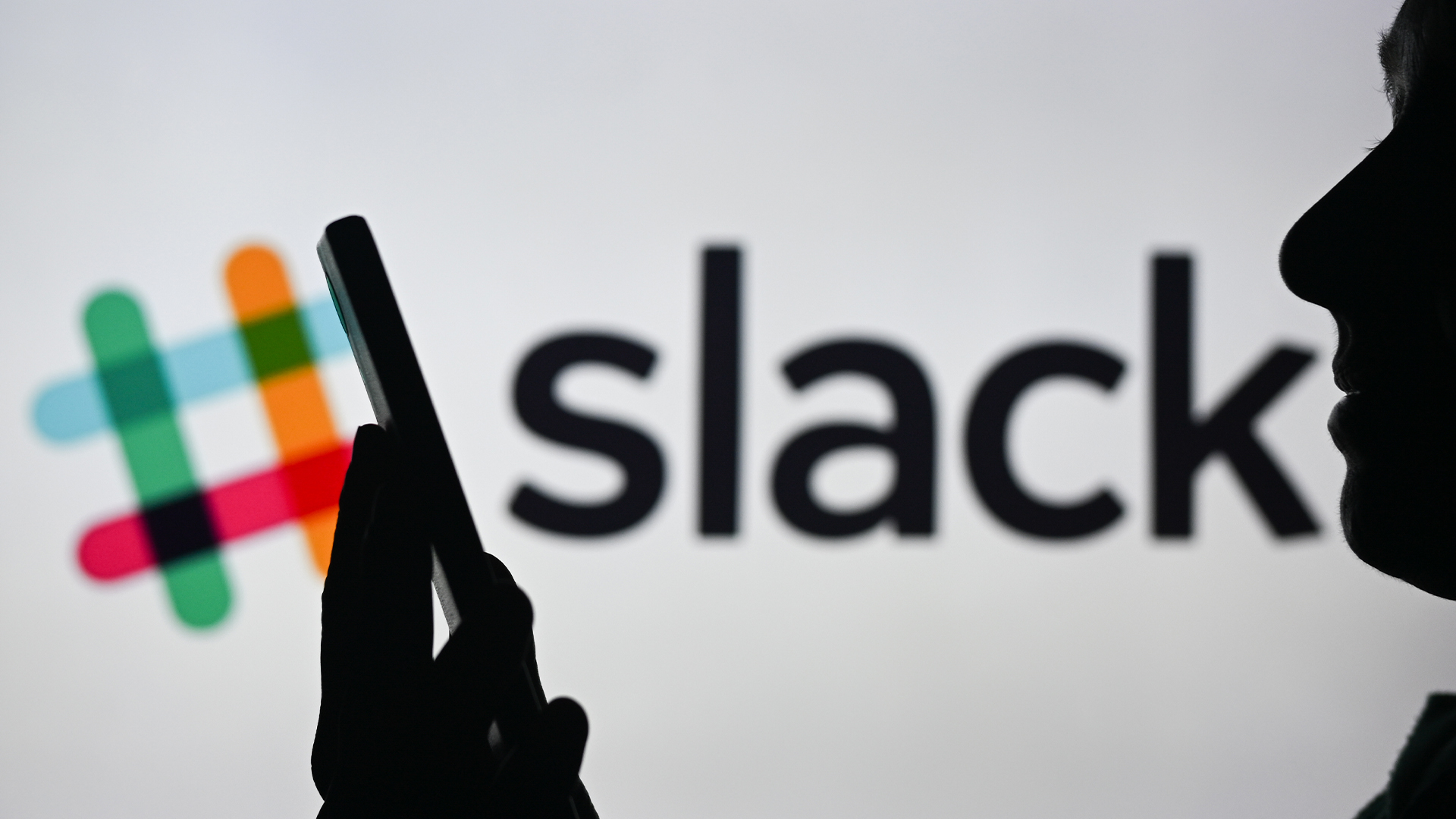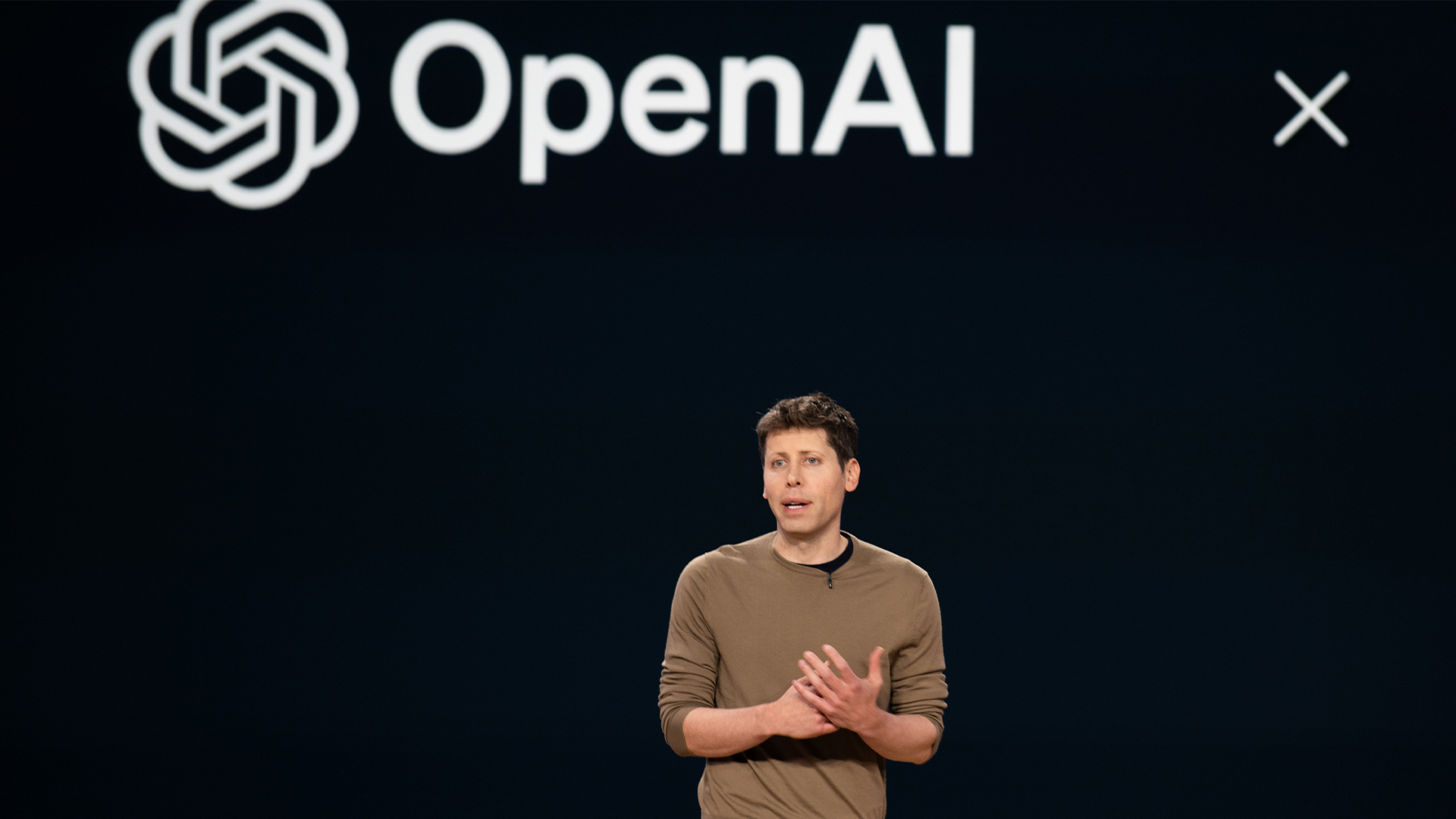“We've had a lot of education over the last few weeks”: Slack has learned its lesson after AI training policy fiasco
Slack has been hard at work engaging with customers to clarify its AI training practices following concerns user info was used to train its models


Slack has learned its lesson following an AI training policy fiasco last month and has made sure to up its game in customer education, according to a senior exec.
The productivity platform updated its AI training policy following user outrage at the possibility that Slack was training AI models on customer data.
During a press briefing at the Salesforce World Tour event in London today, Slack chief customer officer Peter Doolan told ITPro the company’s changes in the wake of the controversy sought to calm user fears.
“Slack never trains an LLM with customers data … with a payload or with the messages,” Doolan said.
“Customer data is customer's data, not ours. We take trust as our number one value as a company,” he added.
Doolan said Slack had also been hard at work behind the scenes making this position clear to its customers, taking time to explain Slack’s AI policy and ease concerns surrounding model training.
“I've spoken with many customers following that to have to explain to them exactly how we do it,” Doolan said.
Get the ITPro daily newsletter
Sign up today and you will receive a free copy of our Future Focus 2025 report - the leading guidance on AI, cybersecurity and other IT challenges as per 700+ senior executives
“We've been very clear with the customers. We've had a lot of education over the last few weeks on that topic,” he added.
According to Doolan, the initial controversy was exacerbated by what he described as a confusion between traditional AI and generative AI. The firm stated this as part of its original AI policy, detailing that some customer data was used to develop “non-generative AI/ML models”.
Doolan stressed Slack’s awareness of customer concern with regard to AI at present, as well as the fact that the firm had “learned a lot over the last few weeks” about the importance of dealing with this technology properly.
“People are very concerned about this technology sort of creeping into areas where it should not be,” Doolan told ITPro.
“There is no way possible for us within Slack to train an LLM using customer's data,” he added.
At the time, some customers were less concerned about the type of AI this data was being used in, and more about the way in which the policy itself worked and was worded.
For a business to avoid having its data used, it must proactively opt-out. This was an aspect of the policy some users on social media described as “unacceptable”.
The opt-out clause appears to still be in effect.
Slack Lists is now generally available and is AI–free – for now
Last month’s fiasco doesn’t appear to have dampened Slack’s continued roll-out of AI features, however.
The firm announced that Slack Lists is now generally available. This is a project management tool that was first announced last year which enables users to track and collaborate on tasks within the application.
According to Doolan, the tool is focused on reducing the impact of context-switching by putting productivity tools directly into the communication platform, thereby lessening the drain of having to switch between applications.
The platform lacks any AI functionality or capabilities as of right now, though Doolan did hint that AI was likely to be part of the roadmap for the product going forward and “definitely a direction” for the future.

George Fitzmaurice is a former Staff Writer at ITPro and ChannelPro, with a particular interest in AI regulation, data legislation, and market development. After graduating from the University of Oxford with a degree in English Language and Literature, he undertook an internship at the New Statesman before starting at ITPro. Outside of the office, George is both an aspiring musician and an avid reader.
-
 Microsoft just hit a major milestone in its ‘zero waste’ strategy
Microsoft just hit a major milestone in its ‘zero waste’ strategyNews Microsoft says it's outstripping its zero waste targets, recording a 90.9% reuse and recycling rate for servers and components in 2024.
By Emma Woollacott
-
 Dell names Lisa Ergun as new Client Solutions Group channel lead for the UK
Dell names Lisa Ergun as new Client Solutions Group channel lead for the UKNews Dell Technologies has announced the appointment of Lisa Ergun as its new Client Solutions Group (CSG) channel lead for the UK.
By Daniel Todd
-
 Salesforce wants technicians and tradespeople to take AI agents on the road with them
Salesforce wants technicians and tradespeople to take AI agents on the road with themNews Salesforce wants to equip technicians and tradespeople with agentic AI tools to help cut down on cumbersome administrative tasks.
By Ross Kelly
-
 “No, I don't think it is the end of Salesforce”: Klarna CEO clarifies why it stopped using Salesforce – and why he doesn’t think other companies will follow suit
“No, I don't think it is the end of Salesforce”: Klarna CEO clarifies why it stopped using Salesforce – and why he doesn’t think other companies will follow suitNews Klarna CEO Sebastian Siemiatkowski has explained his firm’s decision to stop using Salesforce in favor of its in-house AI tools.
By George Fitzmaurice
-
 ‘DIY’ agent platforms are big tech’s latest gambit to drive AI adoption
‘DIY’ agent platforms are big tech’s latest gambit to drive AI adoptionAnalysis The rise of 'DIY' agentic AI development platforms could enable big tech providers to drive AI adoption rates.
By George Fitzmaurice
-
 Google’s Gemini AI models are coming to Agentforce
Google’s Gemini AI models are coming to AgentforceNews Salesforce and Google have expanded their partnership with a $2.5 billion deal to bring the Gemini model range to Agentforce.
By Emma Woollacott
-
 "We are really moving into a world now of managing humans and agents together": Marc Benioff thinks today’s CEOs will be the last to have a fully human workforce – and he's not the only big tech exec predicting the rise of an AI workforce
"We are really moving into a world now of managing humans and agents together": Marc Benioff thinks today’s CEOs will be the last to have a fully human workforce – and he's not the only big tech exec predicting the rise of an AI workforceNews Salesforce CEO Marc Benioff has predicted today's generation of CEOs will be the last to manage all-human workforces due to the rise of AI agents.
By George Fitzmaurice
-
 OpenAI could be plotting a foray into the world of AI agents – here’s what we know so far
OpenAI could be plotting a foray into the world of AI agents – here’s what we know so farNews The launch date for OpenAI’s "Operator" agent is believed to have been revealed at a staff meeting
By Nicole Kobie
-
 Nearly half of workers think using AI makes them look lazy and incompetent
Nearly half of workers think using AI makes them look lazy and incompetentNews AI adoption is slowing among desk workers, driven by uncertainty around its permissibility in the workplace
By Solomon Klappholz
-
 “Values drive value” for Salesforce Ventures as AI investment ramps up
“Values drive value” for Salesforce Ventures as AI investment ramps upNews Having doubled its generative AI investment pot within just months of launching, Salesforce Ventures is once again expanding the scheme
By Ross Kelly